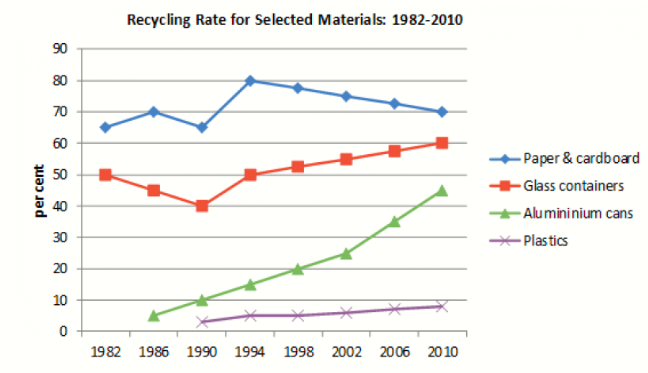In today’s globalized world, English is widely regarded as a crucial language, often prioritized in education systems at the expense of local languages. While I believe that learning English is essential for international communication and career opportunities, I also strongly support the preservation of local languages, which carry cultural, historical, and social significance.
English has become the global lingua franca, used in business, science, technology, and diplomacy. It connects people from different countries and facilitates access to global information and opportunities. For instance, many of the world’s leading universities and companies require proficiency in English. Therefore, equipping students with English skills is practical and necessary for their future success in an interconnected world.
However, this emphasis on English should not come at the cost of local languages. Languages are not merely tools for communication; they are also carriers of unique cultural identities and ways of thinking. When a language disappears, so too does a wealth of knowledge, traditions, and history. For example, many indigenous languages around the world are endangered because younger generations are no longer taught them.
To ensure the survival of local languages, schools and communities should adopt a bilingual or multilingual approach. Local languages can be incorporated into school curricula alongside English, especially in early education. Furthermore, governments and media should promote local languages through literature, music, and broadcasting. Technology can also play a role; apps and digital platforms can make learning and using local languages more accessible and appealing to the youth.
In conclusion, while learning English is undeniably important in the modern era, we must also take deliberate steps to preserve our linguistic heritage. Balancing global communication with cultural preservation is not only possible but necessary for a diverse and inclusive future.






 Đăng ký
Đăng ký 

Bạn cần đăng nhập để them gia bình luận